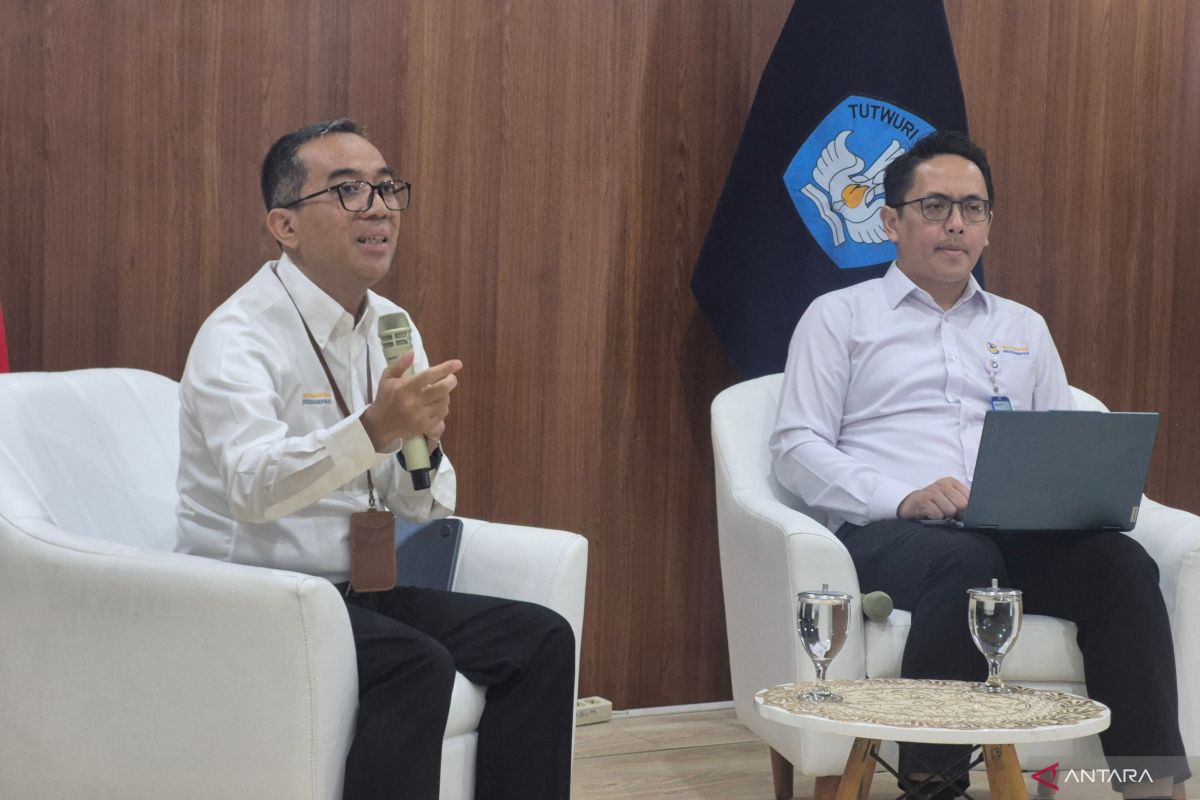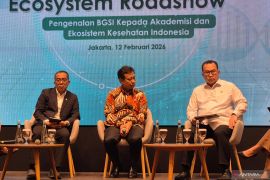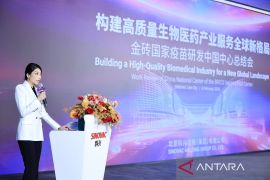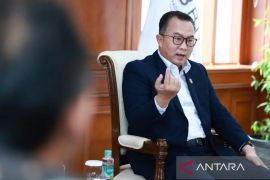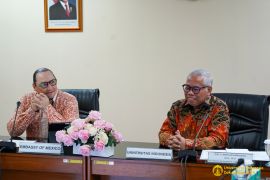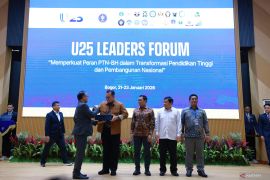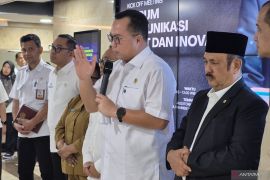During a media briefing in Jakarta on Thursday, the minister noted that Indonesia is currently aiming for 8 percent economic growth. To meet this target, it will need to focus on development proposals based on science and technology, rather than conventional economic expansion.
“Our nation can stand on equal footing with more advanced countries, but we need the right proposals to achieve solid economic growth,” he said.
To support the goal, the minister called for strengthening science and technology curricula to produce a highly skilled workforce that is attuned to industry needs.
In addition to improving education, research and development efforts should aim to accelerate and distribute economic growth uniformly, Yuliarto said. He then stressed the importance of involving universities in national strategic projects.
“All the research we’re conducting must engage universities across the country. We hope this can boost economic growth and ensure that it’s evenly distributed,” he said.
He also underscored the need for national control over the supply chains of key commodities.
Fostering collaboration between universities and industry is another key focus of the government.
The minister urged academic institutions to proactively reach out to businesses and local governments to understand their needs and identify problems that can be addressed through research.
“We must ensure that campus research topics are relevant and aligned with real-world needs, especially those within the surrounding communities,” he said.
During the media briefing, director general of research and development at the ministry, Fauzan Adziman, highlighted the importance of building a robust research ecosystem in universities. This could involve higher education programs, scholarships, and community service initiatives.
According to Adziman, efforts to develop such an ecosystem should not stop at academic institutions. Follow-up programs such as feasibility studies and technology transfers are essential to ensure that research outputs are successfully commercialized.
“With this approach, research is expected not only to produce new technologies but also to stimulate national industrial growth and expand employment opportunities,” he said.
He added that strengthening research and technology transfer capabilities at polytechnics and vocational institutions is critical, as Indonesian industries still face significant gaps in adopting advanced technologies.
Related news: Universities urged to boost research-based entrepreneurial growth
Translator: Sean, Azis Kurmala
Editor: Primayanti
Copyright © ANTARA 2025
